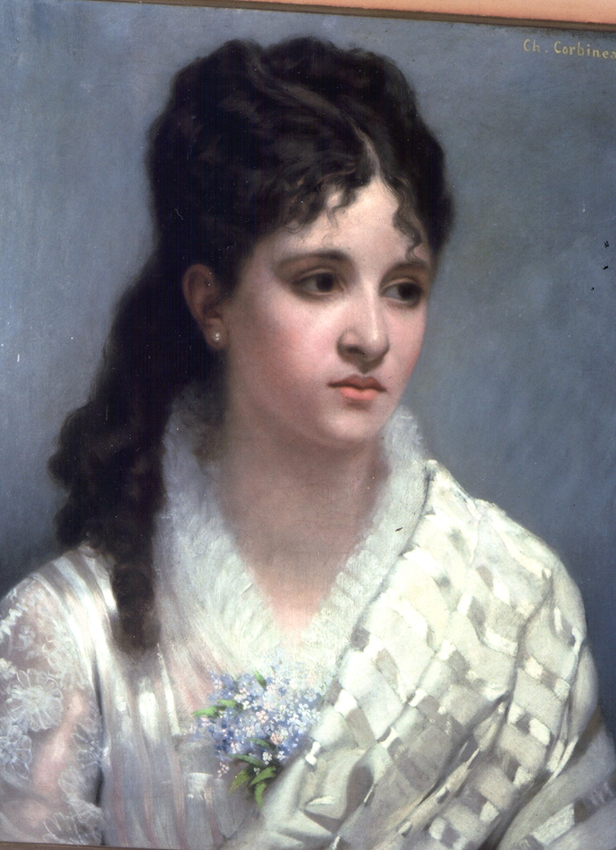* January 21st, 1858 in Paris † March 18th, 1937 in Paris
Encounter with music between agony and lust
The French composer Mel Bonis (1858–1937)
The example of the French composer Mel Bonis makes it clear that even today – in a time of intensive research into past musical epochs – one can still occasionally make surprising discoveries. This composer is one of the creative musical personalities of the turn of the century, whose compositions fell victim to the storms of the musical stylistic upheaval at the time and disappeared from the consciousness of the music scene.
Raised in a middle-class Parisian family far removed from music, the musically gifted Mélanie was able to attend the Conservatoire Supérieur through the intercession of César Franck, which she had to leave after a few years at the behest of her parents in order to end the relationship with a fellow student. A little later she married the industrialist Albert Domange, 22 years her senior, who brought five sons into the marriage, gave birth to three children of his own and gave birth to an illegitimate daughter in 1899, unnoticed by the family – a conflict that may be a trigger for allows her most fruitful creative period and her music to reach maturity. Even after the turning point of the First World War, the death of her husband in 1918 and her youngest son in 1932, she remained creative until her death, despite an underlying mood of depression.
Her work includes wonderful chamber music works, secular and sacred songs, organ compositions and orchestral works and an abundance of compositions for her very own instrument, the piano – means of creative realization and the joy of harmonic experimentation.
Her music is rich in melodic and harmonic inspiration and has taken on sophisticated impressionistic tints over the years. Her sense of form, which she trained in César Franck, does not prevent her from resorting to new rhythmic patterns, from daring to venture out into tonal border areas from time to time.
The fact that Mel Bonis ’music finds so many enthusiastic listeners and players today fills us as its“ rediscoverers ”with great joy.
Ingrid Mayer

